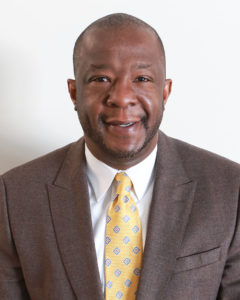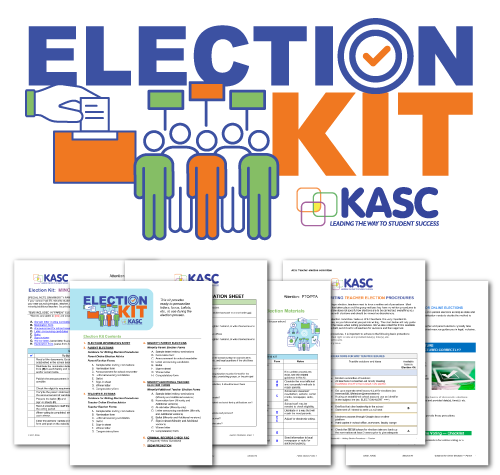
When Education Commissioner Jason E. Glass called me last year to ask if I would become Kentucky’s first chief equity officer, it was one of the greatest honors of my career.
Equity is something you could say I was born into. Less than 24 hours after I was born in Brinkley, Ark., weighing less than 4 pounds and two months premature, the doctors told my parents to leave and take me home because other families were uncomfortable. Today, I probably would have stayed in the hospital for a couple of months, but back then we were asked to leave because of the color of our skin.
Our nation’s thoughts about race and equity have changed dramatically since 1965, but much work remains.
Kentucky’s schools should be safe havens where all students and staff – regardless of their race, color, religion, gender, sexual orientation, gender expression or identity, national origin, or ability – feel safe, respected, and welcomed. The Kentucky Department of Education (KDE) wants to support and assist all school entities in their diversity, equity, and inclusion efforts by breaking down barriers and helping to shape districtwide policies.
But I’ve often found there is a lack of understanding among stakeholders of what equity, equality, and inclusivity mean in our schools. Here is how I see it:
- Equity: Respecting each student’s culture and providing each student the resources he or she needs to be successful.
- Equality: Treating every student in the same manner, irrespective of differences.
- Inclusivity: All stakeholders have a voice in the educational process.
So, where are we now in regard to equity, equality and inclusivity?
In July, the Kentucky Board of Education affirmed its commitment to racial equity and racial justice in all schools in a resolution stating, in part:
- Educational leaders must embrace diversity, assure equality and shape the future of all of Kentucky’s children;
- Every student in the Commonwealth deserves equitable access to excellent educators who have unique experiences and perspectives, quality preparation, and are committed to the success of all learners; and
- Educators, schools, and districts must commit to listening to those seeking to be heard and to ensure that young people of color feel valued and safe in school and the community.
This was a tremendously important step, but just the first one.
At KDE, we continue to work hard to provide supports and training for educators on the Kentucky Academic Standards, which outline what students should know and be able to do by the end of each grade. We also are working across the agency to provide a support system for schools and districts to help them provide equitable services, instruction, intervention practices, and resources that are designed to meet the needs of the whole child – academic, behavioral, and social, and emotional needs.
We’ve also been seeking feedback from our teachers, schools, and districts about what kind of equity and inclusion plans are already in place in the state. If you would like to provide your feedback, please fill out this form. And we’re also continuing to advocate for funding for the Kentucky Academy for Equity in Teaching. The proposed program will be dedicated to the recruitment and retention of minority teachers in the Commonwealth.
An important thing to remember about equity and inclusion work is that it doesn’t take anything away from anyone, it just adds to everyone’s experience. Bringing more people into the conversation when we discuss education doesn’t lessen how hard we work for students who have been traditionally more represented in the past. Any program or initiative that expands our teacher workforce with high-quality instructors or targets how to bring our at-risk students up to grade level will benefit all of Kentucky’s children.
I hope you’ll come along with us.
Thomas Woods-Tucker is the Kentucky Department of Education’s deputy commissioner of education and chief equity officer.


